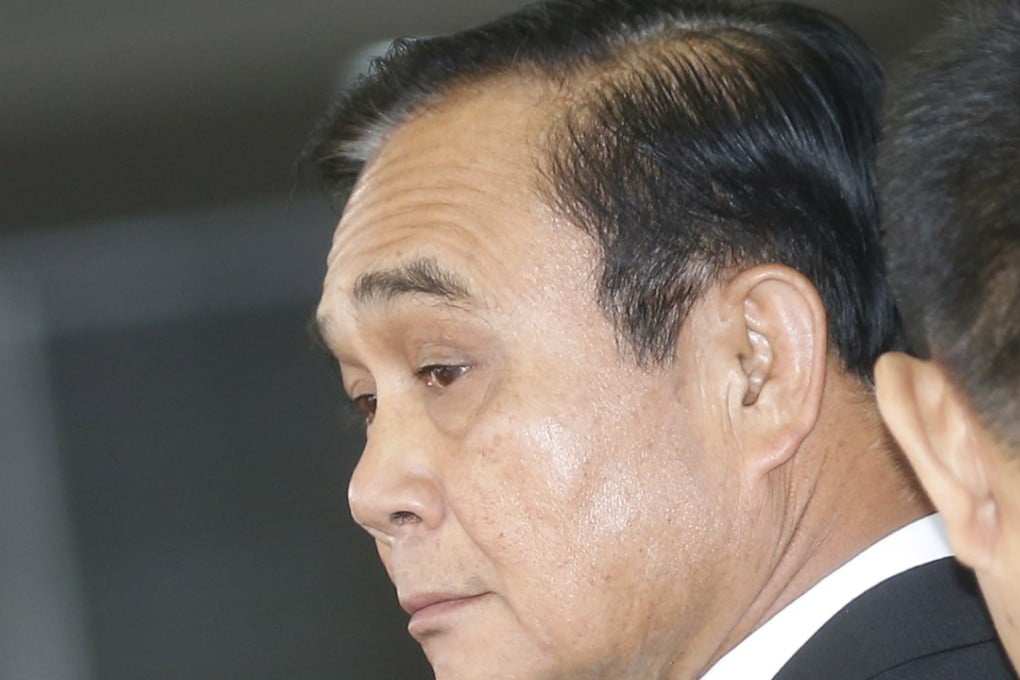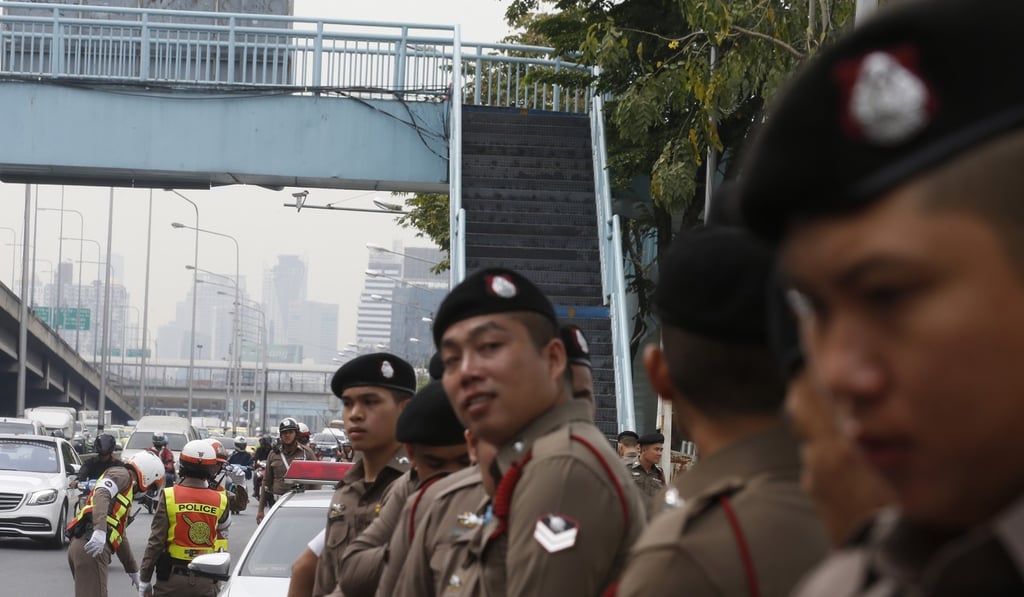Thailand election: political restrictions signal bumpy road for return to democracy
- The military junta has announced that the long-delayed elections will be held on February 24
- But analysts and opposition politicians question if the polls will really be free, or fair

Thailand has been run by a military government since the army seized power in a coup d’etat in May 2014. The government has been promising elections since it took power, but this is the first time it has announced an official date.
This is a period of change that it is important for the country
Prime Minister Prayuth Chan-ocha last Tuesday lifted restrictions including a controversial ban on political gatherings of five or more people as well as a rule preventing political parties from convening meetings without prior approval, holding political activities, or setting up party branches around the country.
“This is a period of change that it is important for the country. People should contribute to choose the political parties,” his order said. “The people and political parties will be able to take part in political activities during this period leading up to the election in accordance with the constitution.”
However, many restrictions on freedom of speech will remain during the run-up to the polls, and people could be prosecuted under sedition, computer-related crime, and lese majeste laws if they are not lifted, Sunai said.
“Everyone will [still] be expected to think and act in the same direction that the junta wants them to do,” he said. According to Human Rights Watch, more than 100 pro-democracy activists have been prosecuted since the beginning of 2018 under those laws “for peaceful expression of their views”.
These include several key politicians, including the leader of the brand-new Future Forward Party, Thanathorn Juangroongruangkit, or top members of the main opposition party, Pheu Thai.
